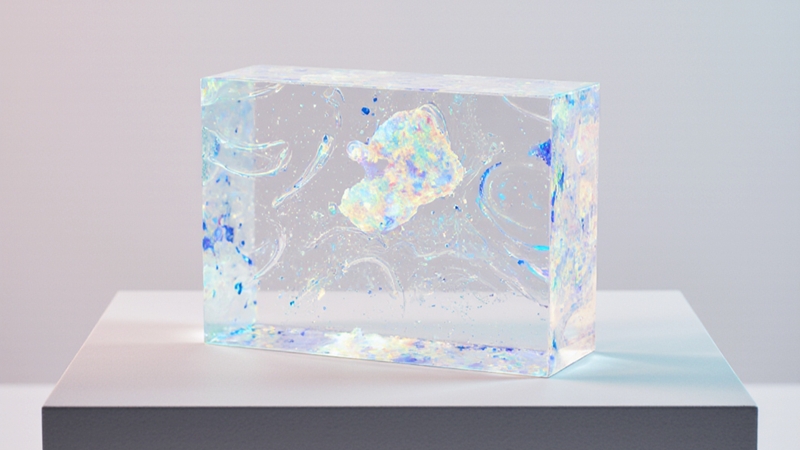Uncategorized
Will There Be Any Replacement for Soaps in the Future?
Introduction
For thousands of years, soaps have been a part of our daily lives. From ancient civilizations that made simple bars from animal fat and ash, to the beautifully scented liquid soaps we use today, this product has always been linked to hygiene and cleanliness. But with the rapid growth of technology, new materials, and changing lifestyles, many people wonder: will there ever be a replacement for soaps in the future?
In this blog, we will explore possible answers to this question, looking at current innovations, natural alternatives, and futuristic solutions.
Why People Are Thinking About Soap Replacement
Soap is effective, but it is not perfect. There are a few reasons people are searching for a replacement:
- Environmental concerns – Traditional soap production sometimes uses chemicals that can harm the environment. Packaging waste, especially from plastic bottles of liquid soap, is also a big issue.
- Skin sensitivity – Some soaps can dry out the skin or cause irritation, leading people to search for gentler solutions.
- Convenience – With busy modern lifestyles, people may want faster, easier, and longer-lasting hygiene products.
- Innovation – As technology develops, new possibilities naturally raise the question: why stick to traditional soap when something better might exist?
Current Alternatives That Could Become a Replacement
Although soap remains the most common hygiene product, there are already some alternatives that could one day act as a replacement:
Cleansing Wipes
Disposable or reusable wipes are becoming popular. They are convenient for travel or quick cleaning, but not always eco-friendly. If more sustainable materials are used, they could serve as a partial replacement.
Hand Sanitizers
During the recent global health crisis, sanitizers became a household essential. While they cannot completely replace soap and water, they are effective for killing germs when soap is not available. With further improvement, sanitizers might become a stronger replacement in some cases.
Powder and Foaming Cleansers
Instead of traditional soap bars or liquids, some companies are creating powders or concentrated foams. These are often eco-friendly and use less packaging, positioning them as a modern replacement option.
Futuristic Possibilities for Soap Replacement
When we think about the future, the replacement for soap may not look anything like what we use today. Scientists and innovators are already experimenting with ideas that sound like science fiction but could become reality.
Waterless Cleaning Sprays
Imagine spraying a fine mist on your hands or body that instantly removes dirt and bacteria without water or soap. Some prototypes of these sprays already exist, and with more research, they could serve as a real replacement in the future.

Antimicrobial Fabrics and Gloves
What if you could clean your skin simply by rubbing it with a special cloth? Antimicrobial fabrics can kill bacteria without chemicals, offering a potential replacement for traditional soap-based washing.
Nanotechnology Solutions
In the future, nanoparticles might be used to destroy dirt and germs at a microscopic level. This futuristic replacement could make cleaning faster, more efficient, and possibly healthier for the skin.
Biological Solutions
Researchers are also looking into probiotics and beneficial bacteria. Instead of removing all bacteria with soap, these replacements would encourage “good bacteria” that naturally keep harmful germs under control.
Challenges in Replacing Soap
While the idea of finding a replacement is exciting, it comes with challenges:
- Cost – Many futuristic products are expensive to produce.
- Trust – People are used to soap, and convincing them to switch to something new will take time.
- Effectiveness – Any replacement must prove that it can clean as well, or better, than traditional soap.
- Accessibility – A good replacement must be affordable and available to people all around the world, not just in advanced markets.
Will Soap Really Be Replaced?
So, will there truly be a full replacement for soap in the future? The answer might be yes and no.
- Soap in its traditional form may continue to exist because it is simple, effective, and affordable.
- At the same time, new replacements will rise for specific needs — for example, waterless sprays for astronauts or travelers, sanitizers for quick use, and eco-friendly powders for sustainable living.
Instead of one complete replacement, we may see a mix of solutions coexisting with traditional soap.
Conclusion
Soap has been with humanity for centuries, and it is not going away anytime soon. However, with science and technology moving so quickly, the future of hygiene might bring us surprising replacements — from sprays and sanitizers to fabrics and even bacteria-based solutions.
In the end, whether or not we see a total replacement for soap, the most important goal remains the same: keeping ourselves clean, healthy, and safe while also caring for the planet.
You can easily find more of our blogs on Sanixway blog section!

